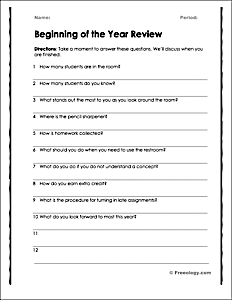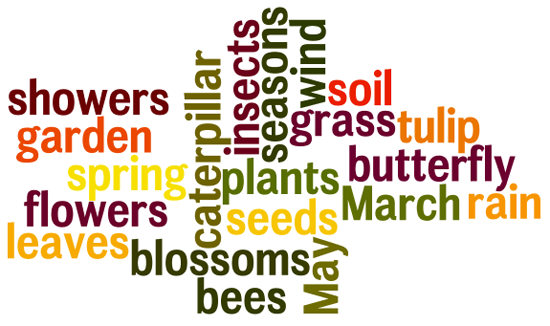Here are some suggestions for dealing with disruptive students.
- Quietly stand next to the student and continue teaching. You may not have to say anything. Your uncomfortable presence may be enough.
- Lavish praise
- Special extra credit deals – work out a private arrangement or reward system for the disruptive student. He or she will understand that you care enough about their behavior to make an exception.
- Positive calls home.
- Make sure the student is appropriately challenged and not bored or confused.
- Ask, “What should you be doing right now?” Then wait until the correct answer is given. Then say, “Right, now please get to work now.”
- Find something positive about the disruptive student and let he or she know you noticed. For example, “You are really funny. Have you thought about being in drama?” “I hear you did well in your game last night. Nice job!” “Wow, you are a good artist!”
- Take away fun activities like recess, video time, free time.
- Make your expectations very clear. Have a few clearly communicated and consistently enforced rules.
- Implement tiered consequences, for example, 1) a warning, 2) call home, 3) office visit, etc.
- Be consistent – Make a point of following through on whatever strategy you employ.
- Often disruptive students want attention. Instead of reprimanding them in front of the entire class, quietly walk over and say, “Let’s see if you can focus for the next 10 minutes. If you do, you’ll earn 3 extra credit points.” Or say, “Please get back on task now. The next step is a call home.”
- Stick to your own classroom rules, but bend the rules when appropriate. Sometimes bending a rule will send a message that you are human and understanding. This may make the student want to work harder for you.
- Give chat breaks. Especially during long class periods, kids need to get their energy out. Try giving 3-5 minute breaks to play a game, get up, move around and talk. Use a timer if needed. Ideally, your talkers will get their energy out and come back more focused.
- Motivate. Sometimes teachers are more motivators than anything else. Here is a list of simple ways teachers can motivate their students.
- When all else fails …reward with candy and pizza.
Everyone’s classroom works differently. What works for one teacher may not work for another, but the more strategies you have at your disposal the more likely you are to find what works for you.
What works for you? Let everyone know by leaving a comment below with what you have found helpful.
Keep track of calls home with this parent contact form.




 Please support this site by contributing to the coffee fund. All donations are appreciated.
Please support this site by contributing to the coffee fund. All donations are appreciated.